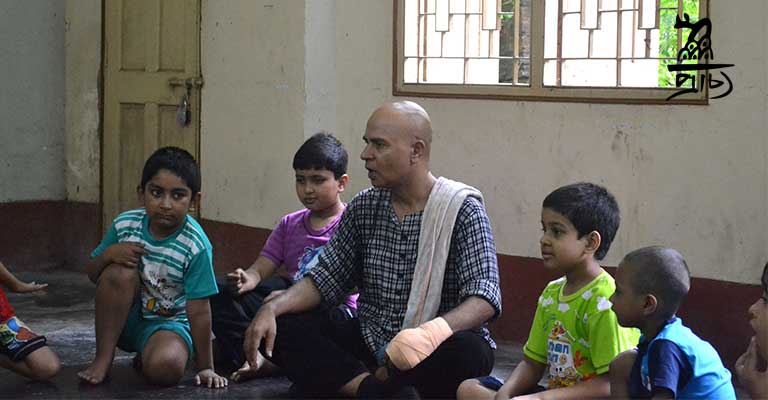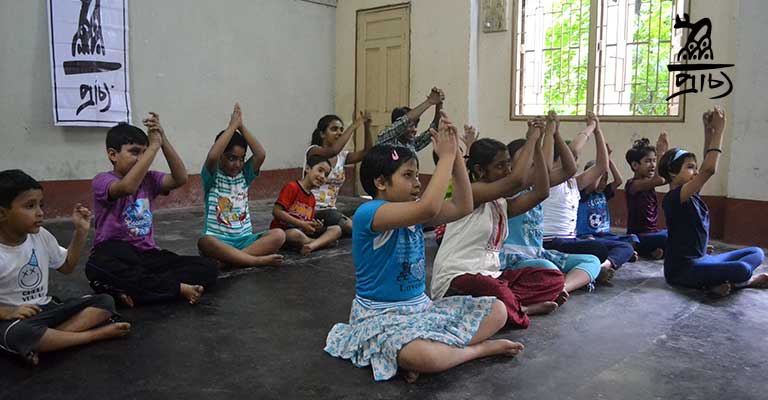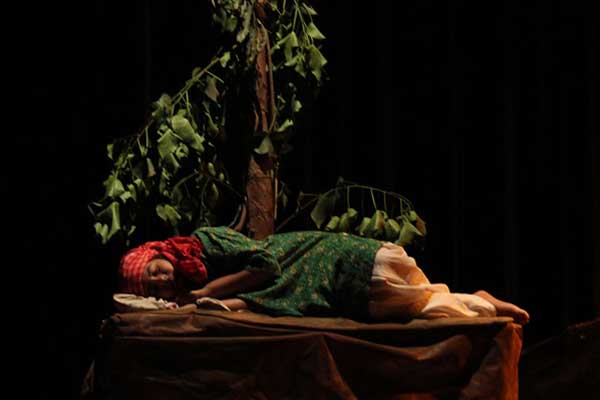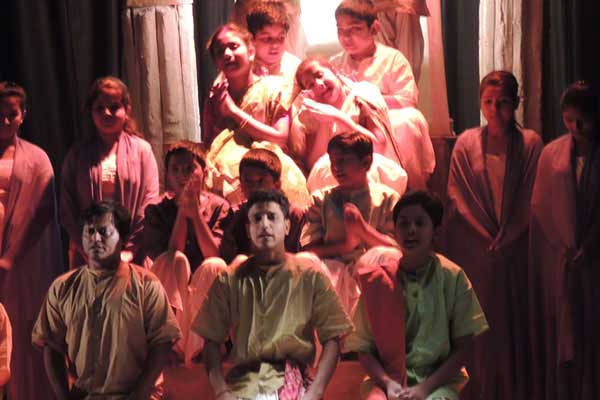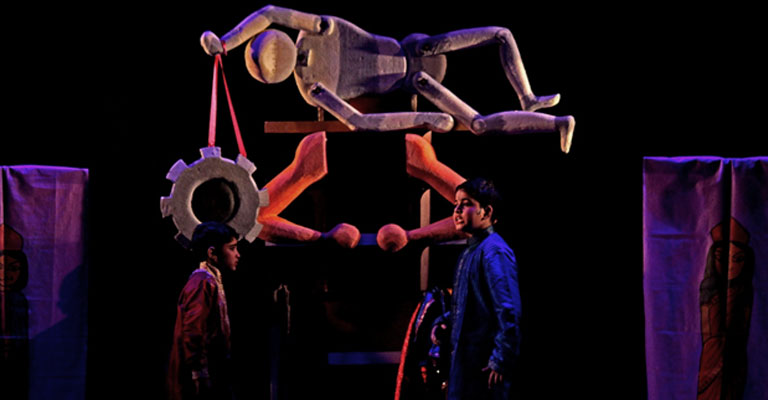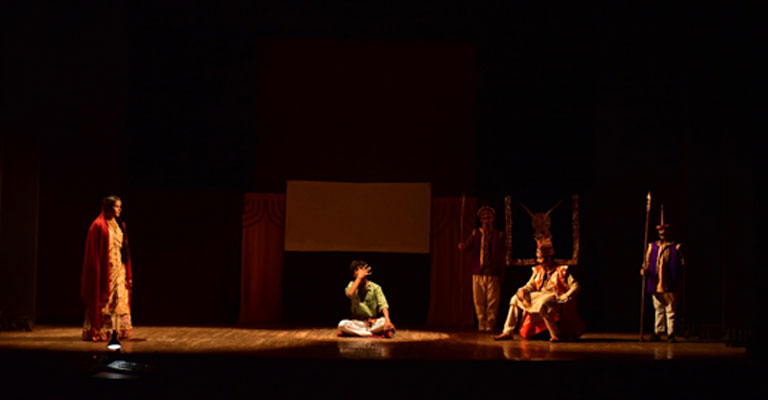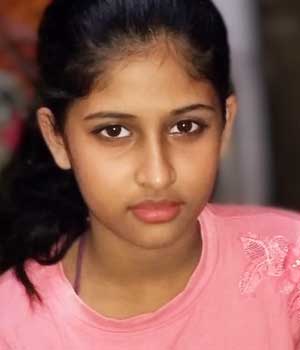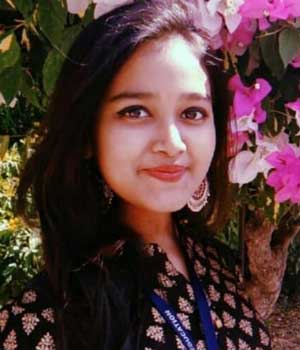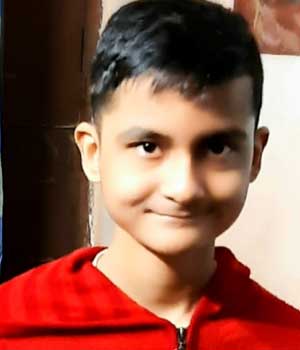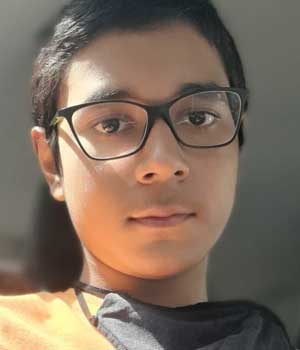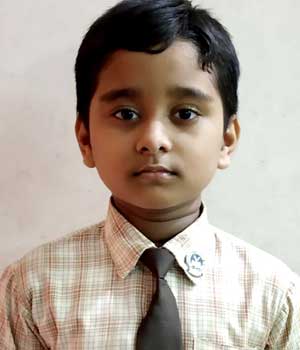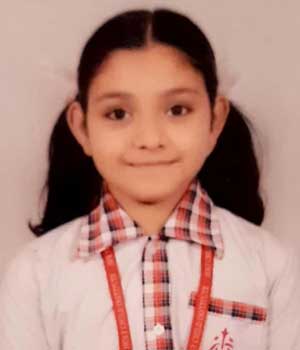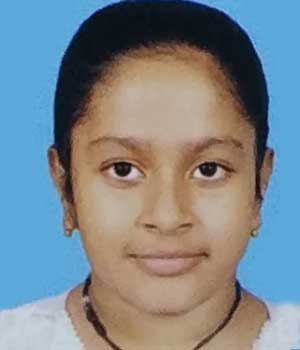While performing at various venues in the districts of West Bengal, we ‘Prachyo’ realized that there is a tremendous appreciations and enthusiasm for theatre, especially among the youth. So to give shape to these youthful aspirations and involved them in a constructive and creative way. ‘Prachyo’ took decision to open a children / youth wing in their theatrical endeavour at Belgharia.
Most Bengali theatre groups have a children wing where children are groomed from an early age in all facts to become a complete theatre worker. ‘Prachyo’ too has made the effort to channelize the energy and spirit of today’s youth and train them in various aspects of theatre to make them absolutely prepared and worthy of being theatre artists.
